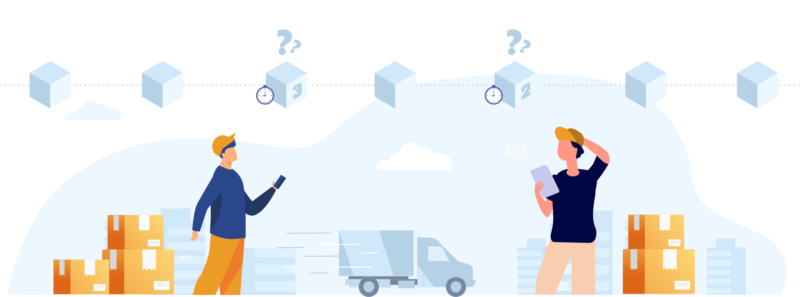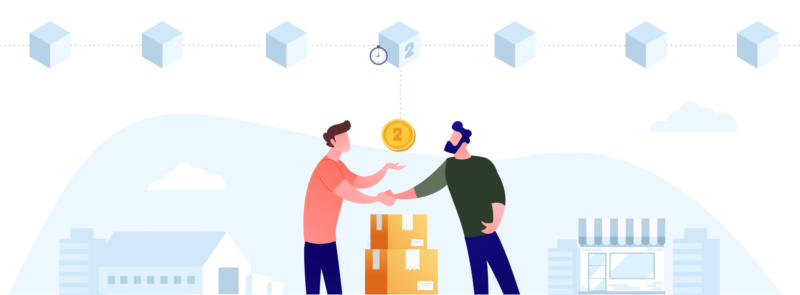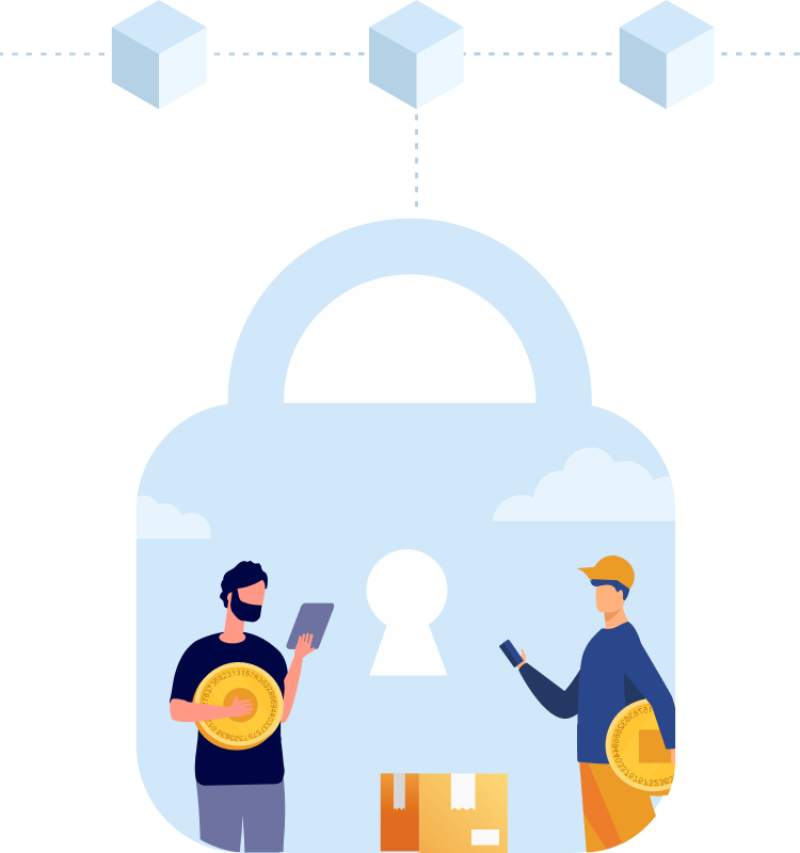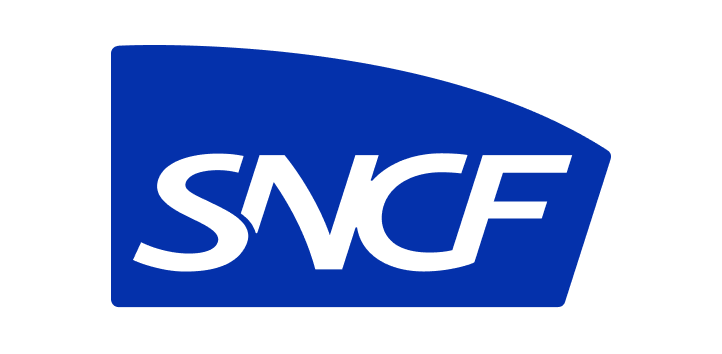Traceability solutions called "blockchain" are no longer new. Present since 2016, they hold the new revolution of logistics. However, today they are still badly perceived as marketing gimmicks, of zero to none interest.
Why this observation, and is there a real interest in using this technology to improve your traceability?
At Ownest, we are convinced that blockchain is a totally revolutionary technology. But you should beware: "blockchain solutions" are often use for what they're not.
In order to demystify certain persistent ideas, we are teaming up today with Keyrus, an expert in consulting and digital transformation through an editorial series, of which this is the first article.
The "Database" Myth
As early as 2015, many media publications - including The Economist - featured blockchain as a revolution. At the time, it had the reputation of being "the impossible to modify database", its only flaw being its association with a cryptocurrency.
These "public blockchain" being frowned upon, because of the monetary aspect, prominent Cloud providers had the idea to provide a "private blockchain" service. A good way to elude cryptocurrencies (and their bad reputation as "speculative" assets), and where each company using the solution became itself a node storing this blockchain.
Then, we were able to apply this solution to the supply chain, deciding that the digital proof of logistical events would, from now on, be stored in the blockchain.

So now we have an unfalsifiable storage of our events. Is this revolutionary? No, because it has not changed anything in the processes.
Blockchain does not validate your data by itself
The basis of the supply chain problems relies on the quality of the event reported. Did it go well? Were my bags or pallets properly transferred?
If the data, associated with the event, does not reflect the on the ground reality, you get a proof of a false event, in a register, which keeps it indefinitely. You haven't changed anything, and as with a traditional database, you'll always have to look for inconsistencies.

Two parties declaring 2 different realities in blockchain
Is there any interest in blockchain? Yes, and its advantage is even essential!
The main function of the blockchain is to execute "peer-to-peer value exchanges". If it no longer has to be proven that it works admirably well for financial flows, this value can take other forms, including the digital certification of the exchange of a physical good.
The blockchain can therefore allow us to certify an exchange of goods between 2 parties, where each of them will have to agree with the other to sign a contract certifying that the same value are exchanged. This will take the form of a smart contract, signed by the 2 parties, with their blockchain account, certifying, thus, the truth on which they agreed.

Two parties agreeing on the value exchanged
The most efficient way to achieve these exchanges is to tokenize the goods, that is to say to create rare digital objects with certification value that we call NFTs. But, before looking at this use of NFTs applied to logistics, there remains the question of the blockchain itself!
"Public blockchain does not rhyme with public data
In recent years, "private blockchain" has been a trendy topic. These have been sold as a non-monetary and private version of the so-called public blockchain like Bitcoin or Ethereum.
The reality is that they are mostly glorified databases. Indeed, these "blockchains" have neither the security nor the probative value of public blockchains, and are therefore of almost no interest.
We often hear that the number #1 problem for a company involved in a blockchain-based project is the confidentiality of the data exchanged. This pushes them to use bad solutions.
However, a public blockchain does not mean that the data is public, because it does not need to be on the blockchain!
The solution is to register the exchanges in the blockchain, with the difference that they are anonymized. We can thus see that "X" and "Y" have exchanged 5 "Z".
An encrypted database allows to store these data and make the link with the anonymized information, stored in the blockchain.
Moreover, this solution is compliant with the European RGPD regulation, as the company can delete its data at any time if it wishes.

There remains the choice of the public blockchain. It has to be secure, affordable and fast enough for such a concrete use case.
At Ownest, we chose Polygon, a blockchain that combines security (based on Ethereum), speed and cost. We are proud to be one of the validators of this blockchain and to participate to its security.
Choose a real blockchain solution
To conclude: blockchain traceability must be achieved through a true blockchain solution, which uses both the probative value inherent to public blockchains and the value transfer allowed by this new technology.
At Ownest, this translates into a solution based on NFTs that will represent the responsibilities associated with physical assets. A solution that today professionalizes its transformation consulting services with Keyrus, a true reference in this field and a company which is also behind our new editorial series of which you have just read the first article.
In our next article, we will see why this solution is so effective.
![Cdiscount 2022 04 01 174830 mhxm]()
![Scnfbis]()
![Saint Laurent]() Company
Company



